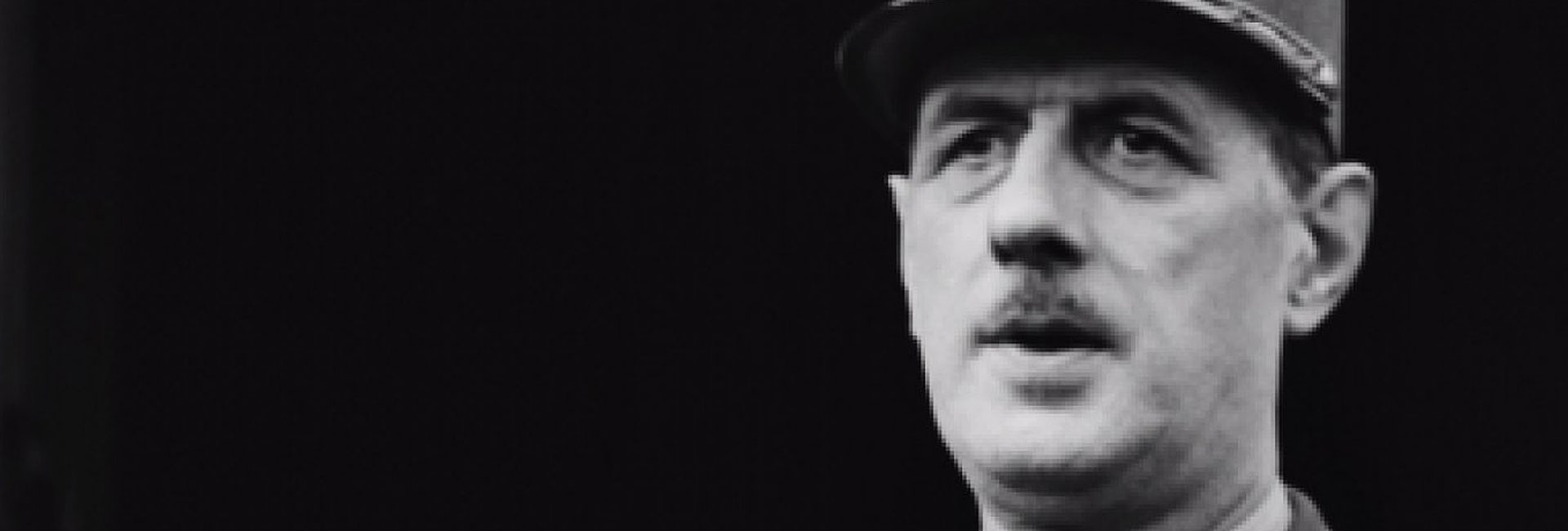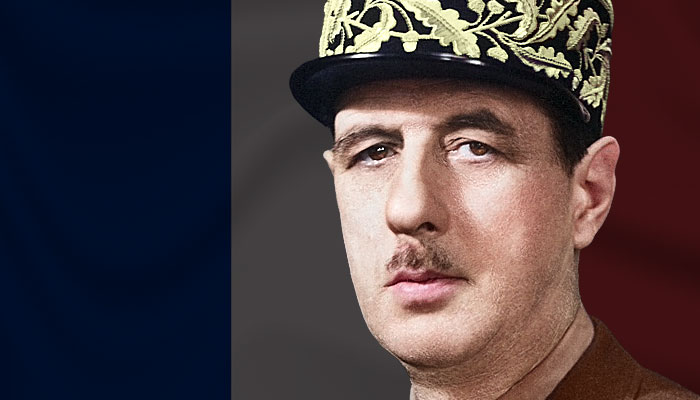
Life and death of Charles de Gaulle
Life and death of Charles de Gaulle, the facts
Charles de Gaulle was one of the most influential figures in 20th-century French history. Born on November 22, 1890, in Lille, France, de Gaulle came from a patriotic and devout Catholic family. His early education and military training laid the foundation for a career defined by resilience, independence, and national pride.
Early life
De Gaulle graduated from the prestigious Saint-Cyr military academy in 1912 and entered active service just in time for World War I. He served with distinction, was wounded in battle, and eventually taken prisoner by German forces in 1916. Despite several daring escape attempts, he remained a prisoner until the end of the war. These early experiences shaped his views on leadership, military discipline, and national honor.
Military thinker and visionary
In the interwar period, Charles de Gaulle emerged as a forward-thinking military strategist. He argued for the modernization of the French army and the creation of specialized armored divisions, a view that was controversial at the time. His 1934 book *Vers l’armée de métier* ("Toward a Professional Army") predicted the kind of mechanized warfare that would define World War II, although his ideas were largely ignored by French military and political leaders until it was too late.
The voice of Free France in World War II
When Nazi Germany invaded France in 1940, de Gaulle, then a relatively junior general, was appointed Under-Secretary of State for War. Refusing to accept the French government's surrender, he fled to London and broadcast his famous *Appeal of 18 June* over the BBC. In this historic speech, he urged the French people to resist the occupation and fight for freedom. It marked the beginning of the Free French Forces, which he would go on to lead throughout the war.
From exile, de Gaulle built a government-in-waiting and maintained France’s presence among the Allies. He played a key role in the liberation of France and became head of the Provisional Government after the German retreat in 1944. Though deeply admired for his leadership, he resigned in 1946, frustrated by parliamentary politics and the weaknesses of the Fourth Republic.
Founding the Fifth Republic
After a period of political withdrawal, de Gaulle returned to power during a national crisis in 1958, sparked by unrest in Algeria and fears of civil war. He was granted emergency powers and tasked with rewriting the French Constitution. This led to the creation of the Fifth Republic, a new system of government with a strong executive presidency designed in part to avoid the instability that had plagued earlier French republics.
De Gaulle became the first President of the Fifth Republic, elected in 1958 and re-elected in 1965. His presidency was defined by efforts to restore France’s independence, both politically and economically, and by his vision of national grandeur.
A policy of independence and grandeur
1962. Though it angered many, it helped prevent further conflict and reestablish France’s international credibility. He pursued a foreign policy that asserted French independence from both the United States and the Soviet Union, most notably by withdrawing from NATO's integrated command in 1966 and developing an independent nuclear arsenal.
De Gaulle also fostered European unity, famously strengthening ties with Germany through the Élysée Treaty. However, he opposed British entry into the European Economic Community, fearing American influence through the UK.
The May 1968 protests and resignation
In May 1968, France was shaken by mass protests led by students and workers, challenging the government’s authority and calling for sweeping reforms. Although de Gaulle initially seemed unsure of how to respond, he eventually regained control and won a parliamentary majority in subsequent elections. Yet the events highlighted a growing gap between his leadership and the changing mood of French society.
In 1969, de Gaulle proposed constitutional reforms to decentralize power and reform the Senate. When these were rejected in a public referendum, he kept his promise and resigned from the presidency.
Later years and legacy
Following his resignation, de Gaulle retired to his home in Colombey-les-Deux-Églises, where he focused on writing his memoirs. He died suddenly on November 9, 1970, from a heart condition, just weeks before his 80th birthday. His passing was marked by an outpouring of public grief and a state funeral that drew leaders from around the world.
Today, Charles de Gaulle is remembered as the architect of modern France. His name is associated with national independence, strong leadership, and a deep belief in France’s unique role on the world stage. From his wartime leadership to his presidency and constitutional reforms, de Gaulle’s legacy continues to shape French political life.

-
Born: 22 November 1890
-
Lille, France
-
Died: 9 November 1970
-
Colombey les Deux Églises, France
